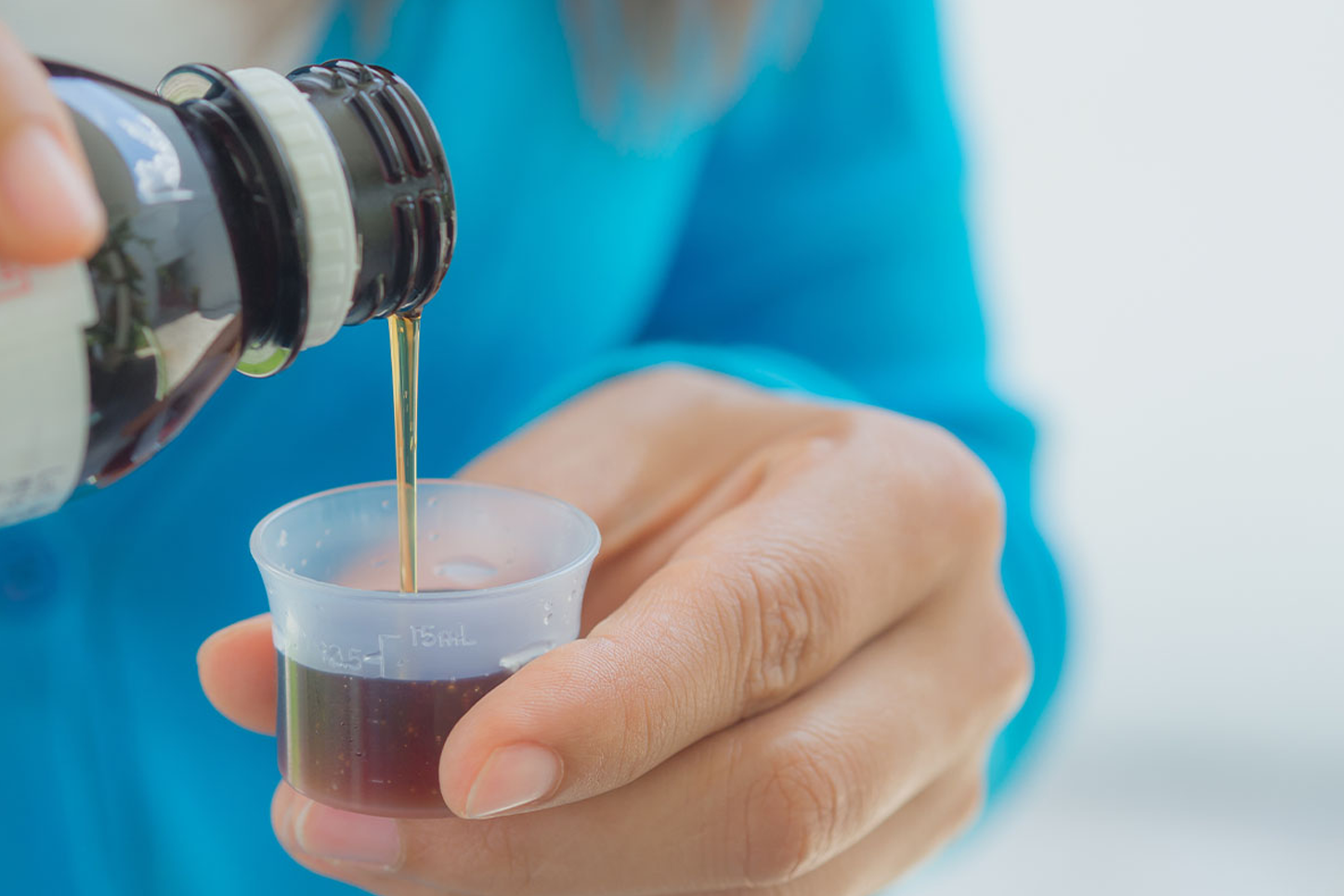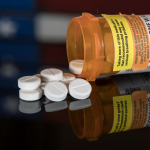Professional medical treatment is essential for overcoming a codeine addiction, so you have to find a rehab program and facility that works to meet your needs. An addiction specialist or treatment professional can give you more information on what to expect during a codeine rehab program.
Generally, there are three options for codeine addiction treatment, with each holding its own benefits, namely:
- Individualized group therapy
- Outpatient rehab
- Residential or inpatient rehab
Medical detox is usually the first step of codeine addiction treatment, and it helps to get rid of the drug from the user’s system before embarking on the rest of the recovery program. When quitting or reducing codeine intake, you may experience withdrawal symptoms as the body gets used to not having the drug in the system to function normally.
Having medical supervision during a codeine detox program ensures you have medical professionals overseeing the whole process. They can get you through medical detox comfortably and safely while managing the withdrawal symptoms accordingly. Patients going through a medical codeine detox must have medical supervision to prevent the risk of relapse or complications.
Duration of Inpatient Treatment
 Inpatient facilities offering codeine addiction treatment provide around-the-clock medical care in a safe environment devoid of triggers. These rehab facilities can give their patients the advantage of customized treatments, structure, and safety throughout the program. Depending on how severe your codeine addiction is, your physician might prescribe medically assisted treatment or MAT.
Inpatient facilities offering codeine addiction treatment provide around-the-clock medical care in a safe environment devoid of triggers. These rehab facilities can give their patients the advantage of customized treatments, structure, and safety throughout the program. Depending on how severe your codeine addiction is, your physician might prescribe medically assisted treatment or MAT.
During MAT, a medical professional will typically use medications including Naltrexone, Methadone, Clonidine, and Buprenorphine. MAT helps minimize the patient’s withdrawal symptoms allowing them to concentrate on other therapeutic methods employed in codeine addiction treatment.
When receiving MAT in an inpatient rehab facility, the patient will get 24-hour professional supervision to ensure their safety. Individuals suffering from a codeine addiction can only achieve full recovery if they go through a detox program and follow up with long-term rehab.
The average codeine detox usually lasts for approximately one week. Even though the detox process seems short, the general duration of the overall treatment program will be much longer. Inpatient codeine addiction treatment can last for about 30 to 60 days.
In some cases, the program can last one year or even longer, depending on your individual recovery needs, insurance coverage, and progress.
Duration of Outpatient Rehab
 Codeine addiction treatment in an outpatient program is a good option for recovering users who want to balance their recovery with daily school, work, or home responsibilities. It allows you to go to work or school during the day and attend treatment sessions afterward, which does not interrupt your daily schedule.
Codeine addiction treatment in an outpatient program is a good option for recovering users who want to balance their recovery with daily school, work, or home responsibilities. It allows you to go to work or school during the day and attend treatment sessions afterward, which does not interrupt your daily schedule.
You can also spend time in the treatment facility during the day attending therapy sessions for as long as needed, and you’re allowed to go home when you’re done. This type of treatment program has a reduced degree of accountability. It is best for individuals with a mild to moderate codeine addiction who cannot leave their busy schedules to attend rehab.
Outpatient rehab facilities provide most of the conventional science-backed therapies provided in inpatient programs, only without doing it full-time. Since it is a part-time treatment option, it has more freedom and fewer restrictions and is less costly.
Outpatient programs usually only have a weekly commitment requirement of 10 to 12 hours. One can complete their treatment in this program in three to six months without interrupting their daily routines. Treatment sessions usually happen in the evening after work/school or during early mornings, which can help maintain your schedule so you can keep attending to your responsibilities. Outpatient codeine addiction treatment can offer better flexibility for people unable to commit to an entire 90-day inpatient program.
The National Institute on Drug Abuse recommends long-term rehab lasting at least 90 days to get the best outcome from the treatment program.
Continued Care After Rehab
Some people can choose to go on with their codeine addiction treatment after completing rehab with extra support from aftercare or sober living programs. These are recovery support programs that offer assistance to people who have finished a rehab program but want extra help sustaining lasting sobriety.
Sober Living Programs
These programs are a sober and supportive housing option for recovering individuals transitioning to their regular lives after rehab. They are also referred to as transitional living programs and are beneficial for people who need more structure to enhance their sobriety in a sober living environment.
Once you complete your rehab program in its entirety but you still feel you need to stay in a safe environment to promote your sobriety for some time afterward, this is an ideal option for you.
Codeine Addiction Treatment offer various services to help individuals who are in recovery, such as:
 Family inclusion
Family inclusion- Tiered recovery programming
- Involvement in 12-step programs
- Sober living environments
- Volunteer assistance, education, and employment
- Peer support
- Regular alcohol and drug testing
- Daily structured schedules
The costs of these programs usually differ depending on the recovery services provided, the type of residence, and the location. Payments for these programs are typically collected monthly.
Aftercare Recovery Programs
These programs are best suited for individuals who have already finished drug rehab and want to get ongoing support afterward during their recovery. Aftercare programs have regular meetings weekly for participants, considered sobriety check-ins.
Individuals can also take advantage of this time to talk about any problems they are dealing with during their journey to sobriety. During codeine addiction treatment, a treatment team can help the recovering individual develop a personalized aftercare plan to promote recovery and sobriety.













